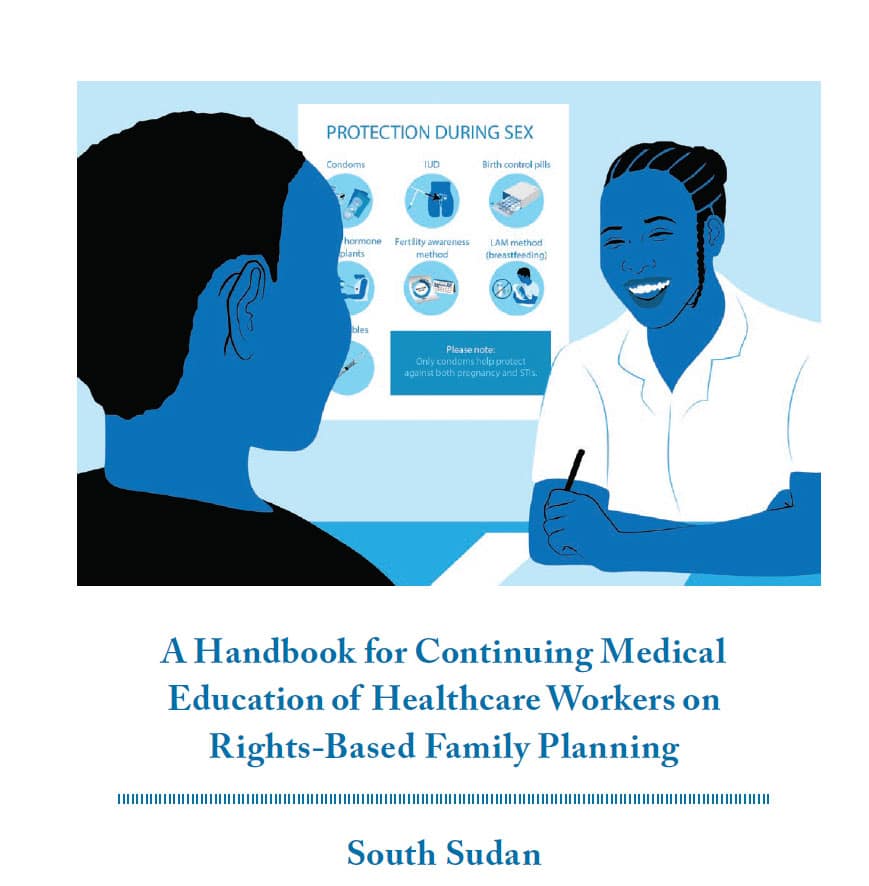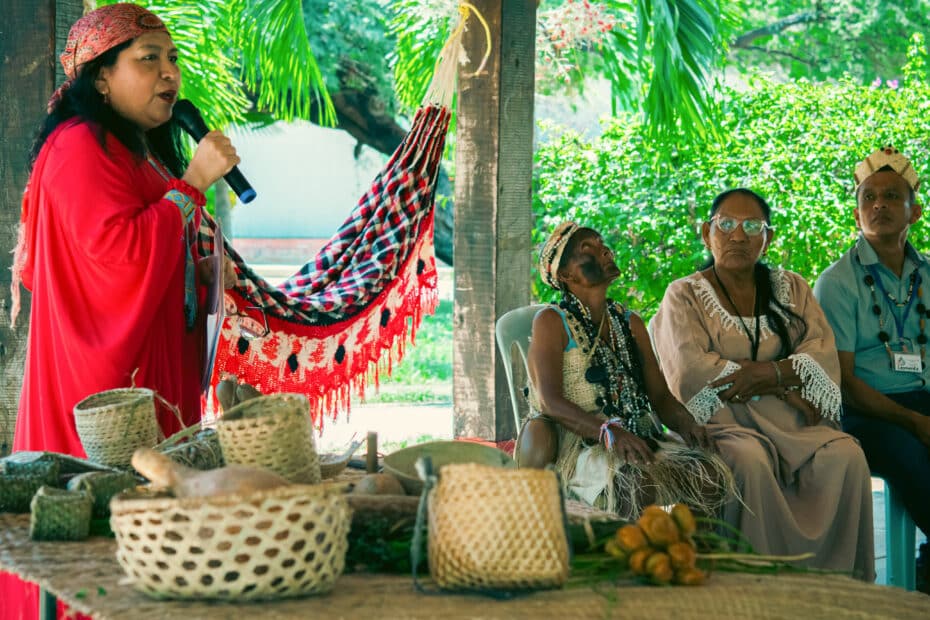As we look ahead to 2025, we are proud to celebrate the significant milestones achieved by our partners in the Democratic Republic of Congo, Haiti, Puntland, Somalia, Somaliland, South Sudan, Tanzania, and Venezuela over the past year. The completion of the SMEPS and SMART-RMC projects provided an opportunity to recognize the remarkable progress made in strengthening maternal and child health services and advancing reproductive health initiatives. These accomplishments were realized despite ongoing challenges, including safety concerns, food insecurity, and economic hardships.
Midwives in the Global South continue to support mothers and babies at great personal risk, demonstrating unwavering dedication and resilience. Support for international development accounts for only 1% of Canada’s GDP—yet these contributions are crucial to safeguarding the health, safety, and rights of mothers, babies, and adolescents. Sustained and increased investment from international agencies is more critical than ever to ensure midwives can continue their vital work. Their safety and security are not only essential for their communities but also play a key role in ensuring Canada’s broader global security and well-being. We remain committed to furthering midwifery and global healthcare through new projects and ongoing collaboration with our Global partners.
Stay connected for updates and inspiring stories from the field as we work together to create a healthier, more equitable future.
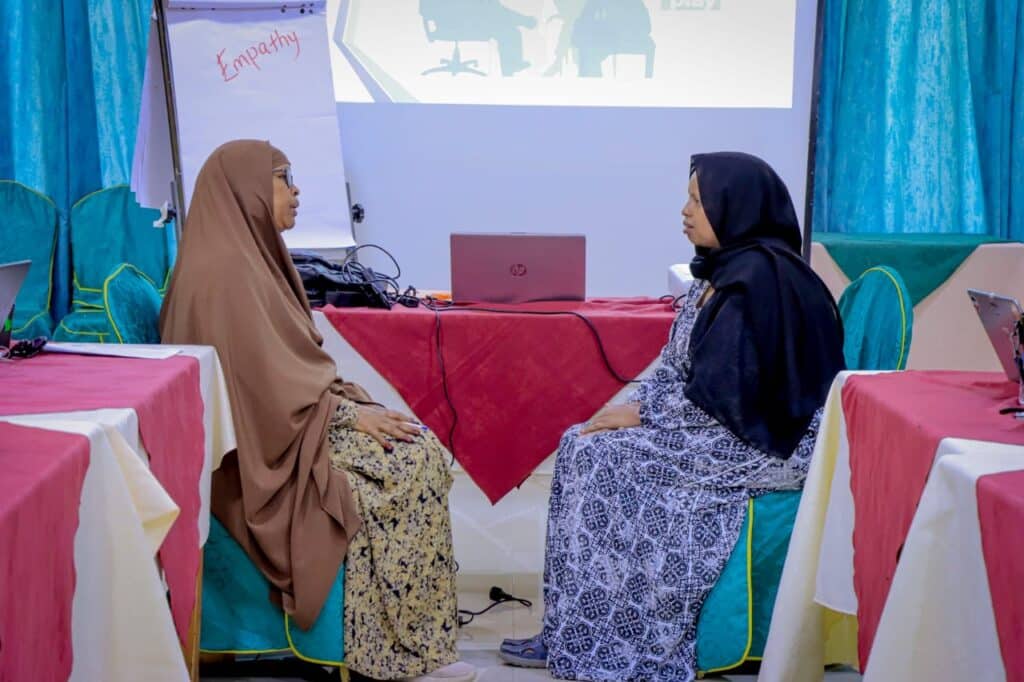
CLIMATE CHANGE AND SRHR
On October 27, 2024, Michelle Turner represented CAM at the 30th Canadian Conference on Global Health, held at Simon Fraser University in Vancouver. Her presentation, titled “A Resilient Frontline: Midwives’ Insights on Sexual and Reproductive Health and Rights in the Face of Climate Crisis,” emphasized midwives’ critical role in climate resilience. She highlighted the work of CAM’s task group in developing a position statement on climate change and SRHR, aiming to better equip midwives to address climate adaptation, mitigation, and resilience in their practice.
ATTENCIÓN SEGURA RESPETUOSA – ZULIA PROJECT
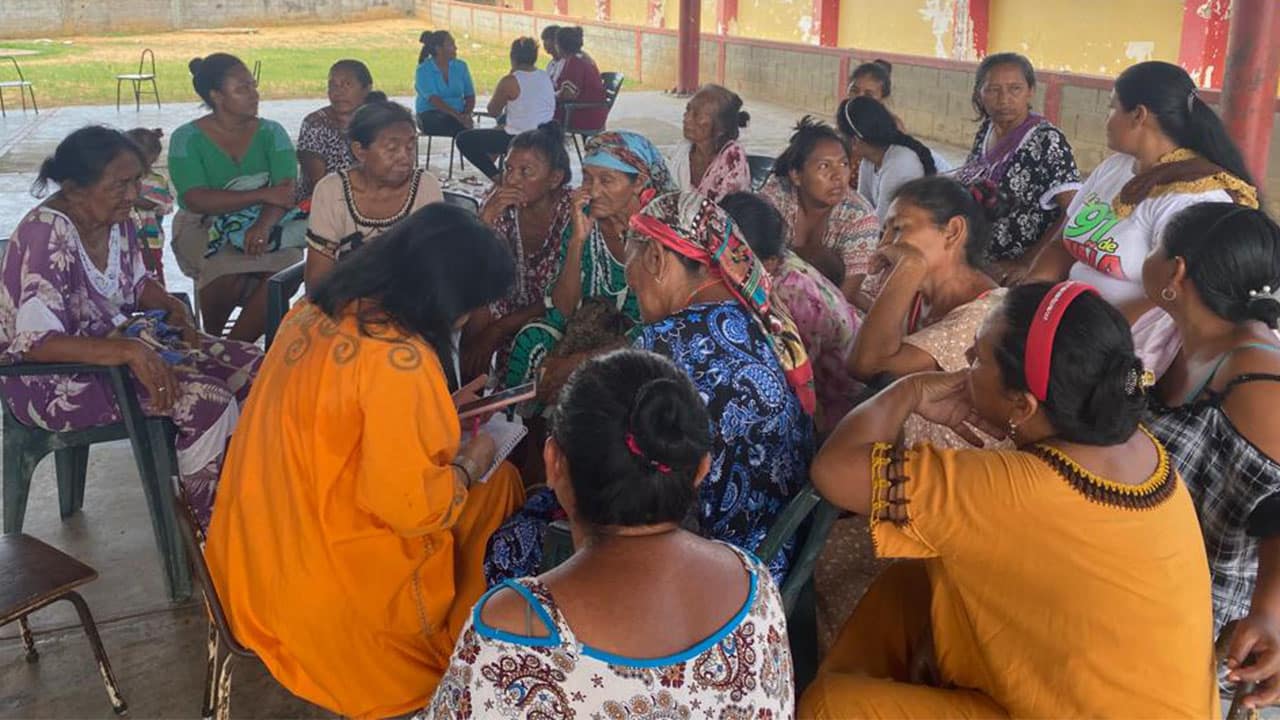
(Venezuela) The three year Improving Maternal, Newborn and Reproductive Health Outcomes for Vulnerable Populations Living in Zulia State, Through Quality Respectful Care project is UNFPA-led Global Affairs Canada, funded project.
Regional Indigenous Midwifery Symposium From October 28–30, 2024, midwives Brenda Epoo, Rocio Velasquez, and Melida Jimenez participated in a regional conference on traditional and Indigenous midwifery, organized by UNFPA in Mexico City. This significant event provided a platform to exchange knowledge and celebrate Indigenous practices. Rocio and Melida shared insights into the history, mandate, and achievements of the National Council of Indigenous Midwives (NCIM), underscoring the importance of preserving traditional midwifery as part of sustainable healthcare systems.
First Meeting of Wayúu and Yukpa Indigenous Midwives in Zulia (October):
The first-ever gathering of Wayúu and Yukpa midwives in the state of Zulia was successfully held, strengthening the network of Indigenous midwives and fostering the exchange of experiences to enhance community health. The meeting brought together 43 participants.
Workshop for Health Center Administrators and Community Leaders (October):
A workshop was organized to build the capacity of health center administrators and community leaders in community participation methodologies. The objective was to strengthen collaboration between health centers and local communities. A total of 45 participants attended.
Respectful Maternal Health Workshop (December):
Community health workers (SAOI) received training in sexual and reproductive health, equipping them with the knowledge and skills to promote respectful maternal care that upholds human rights and gender equality. The workshop was attended by 40 participants.
HR4 (HUMAN RESOURCES FOR SEXUAL & REPRODUCTIVE HEALTH & RIGHTS)
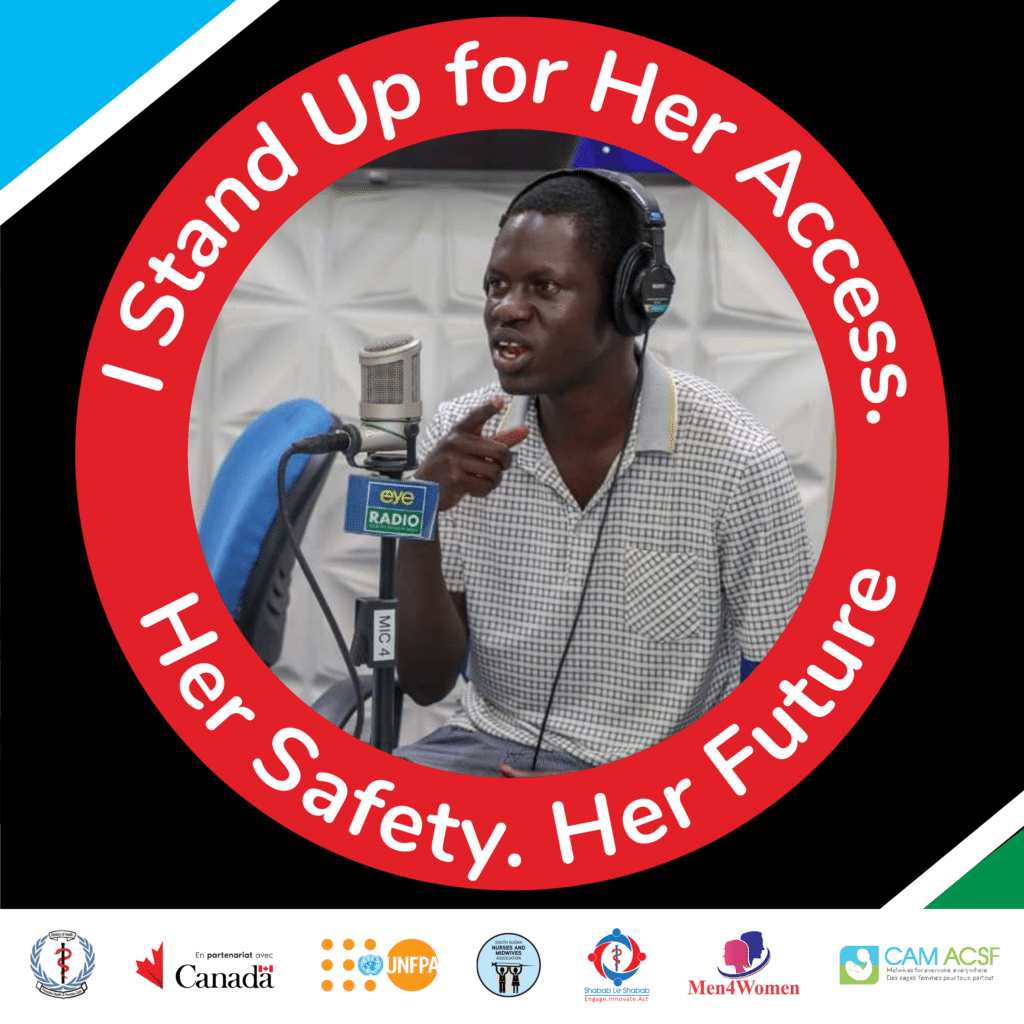
(South Sudan) Amid the security and economic challenges of South Sudan’s complex healthcare landscape, our partners achieved significant milestones because of their innovation, resilience and dedication. HR4 is a three-year, Global Affairs Canada-funded and UNFPA-led project.
Highlights
Youth Zone 72 celebrated its fifth season on EYE Radio, reaching over 1 million weekly listeners and 5,000 Facebook Live viewers and over 200k + engagements online. Featuring deaf interpretation to increase accessibility, the program tackled critical topics such as consent, healthy relationships, preventing child marriage, engaging men in GBV prevention, combating misinformation, and promoting media literacy. Find out more https://canadianmidwives.org/youthzone72-empowering-south-sudanese-youth/
The Family Planning Handbook was launched, providing a client-centered, rights-based guide for healthcare providers. It emphasizes privacy, equity, and engaging marginalized communities, through a series of interactive case studies tailored to South Sudan’s unique challenges.
A Social Behaviour Change Communication (SBCC) Strategy was developed in a collaboration between UNFPA and CAM. The strategy is designed to guide communications on family planning, GBV, HIV, and youth leadership in South Sudan.
Public Engagement Campaign Following a series of focus groups with men, women, and people with disabilities of various ages, a campaign was developed in collaboration with Implementing Partners in South Sudan. Launched in December and running through early 2025, the campaign consists of social media shareables, videos, public service announcements, live events, and op-ed pieces. Its focus is on fostering community support, promoting collaboration, and advocating for equity, inclusion, and care.
PASSREL
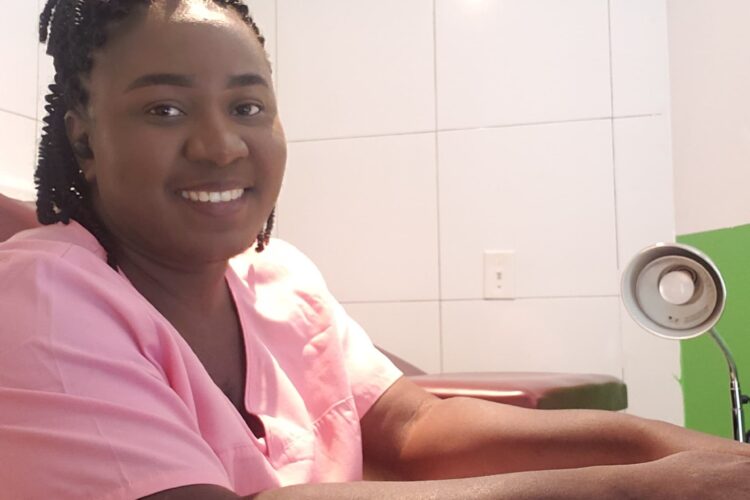
(Haiti) Despite Haiti’s ongoing challenges with safety and security, efforts to strengthen healthcare systems and midwifery practice continue with unwavering dedication, thanks to the extraordinary resilience of midwives and nurses. These initiatives reflect a steadfast commitment to advancing respectful and inclusive healthcare, despite the difficult circumstances that have significantly impacted the health and well-being of citizens. Launched in April 2021, the Supporting Equal Sexual and Reproductive Health (SESRH) project is funded by Global Affairs Canada (GAC) and implemented by the Fondation Paul Gérin-Lajoie, the Canadian Association of Midwives (CAM), and the Society of Obstetricians and Gynaecologists of Canada (SOGC)
Adolescent Health Study A study on adolescent health from a midwifery perspective was completed and presented at various meetings, including the 5th Mukwege International Chair Congress at the Université de Montréal.
Strategic Planning for ASFH
Strategic planning efforts for Association des Sages-Femmes d’Haïti (ASFH), supported by CAM, are currently underway to guide future initiatives and strengthen the midwifery sector in Haiti.
Respectful Care Training
On October 14-15, a two-day training on respectful maternal care was successfully conducted for health center support staff working in facilities involved in the project. The training aimed to promote human rights-based and gender-sensitive healthcare practices.
World Mental Health Day Feature
In November, the International Confederation of Midwives (ICM) featured Sara Jean, a Haitian midwife, as part of their “Pass the Mic” series in honor of World Mental Health Day. Sara shared her personal experience of being pregnant during the ongoing political crisis in Haiti while continuing to provide care to others despite fears for her own safety, her baby, and her family. Read the article here.
Participation in the 5th Mukwege International Chair Congress
From December 3–6, 2024, Emmanuelle Hébert represented CAM at the 5th Mukwege International Chair Congress, hosted by the Université de Montréal. This year’s theme, “Ending Gender-Based Violence: Empowerment of Women and Sustainable Development,” brought together global leaders and advocates. Emmanuelle presented on the Respectful Maternity Care Training program, developed and delivered through the PASSREL project. Implemented by CAM in collaboration with ASFH and key Canadian and Haitian partners (FPGL, FOSREF, and SHOG), the initiative showcases impactful strategies to improve maternal health and empower women across Haiti.
PROJECT SMIT Thamini Uzazi Salama (Value Safe Birth)
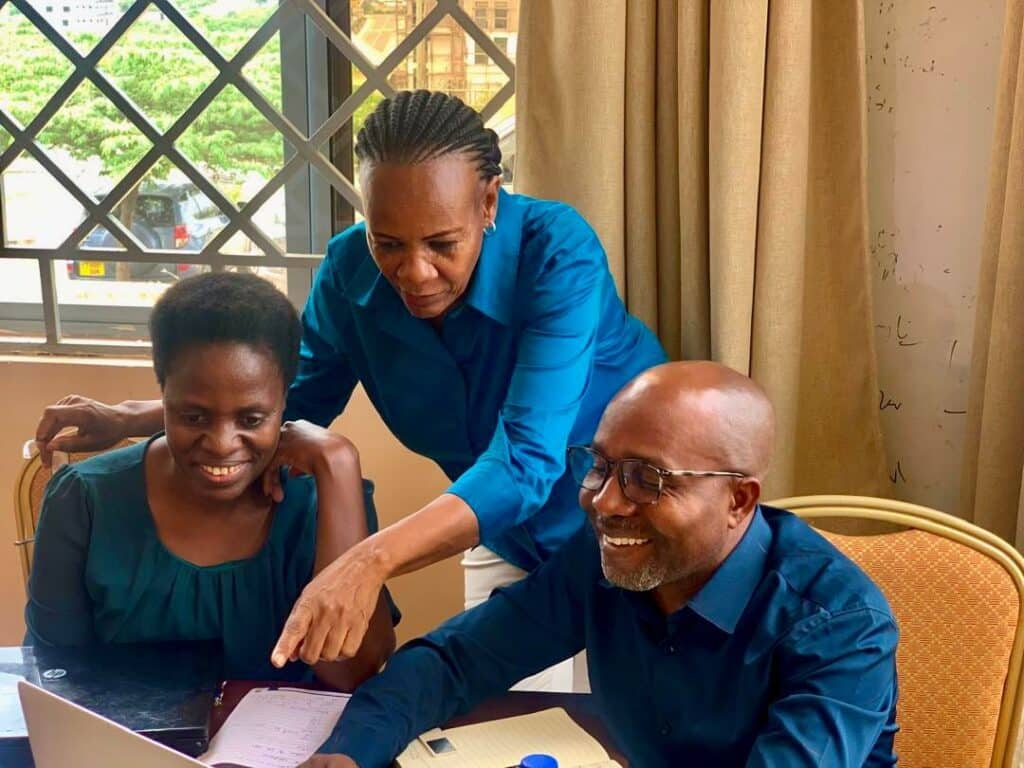
(Tanzania) Taking a holistic approach, SMIT works at the community, institutional, and policy levels to ensure sustainable improvements in maternal and newborn healthcare. The project is funded by the Government of Canada through Global Affairs Canada (GAC).
Highlights
Accreditation of Midwifery Emergency Skills Training (MEST) CPD Modules
The Tanzania Nursing and Midwifery Council (TNMC) has accredited the Midwifery Emergency Skills Training (MEST) Continuous Professional Development (CPD) modules, ensuring they meet national standards and contribute to the professional growth of midwives across the country.
Conversion of MEST CPD Modules for Distance Learning
In collaboration with the Tanzania Centre for Distance Education (CDE) and the Tanzania Midwives Association (TAMA), the MEST CPD modules have been successfully adapted for distance learning. This initiative, implemented in the Kibaha Pwani Region, enhances accessibility for midwives in remote areas, allowing them to upgrade their skills while continuing their practice.
Strategic Planning for Tanzania Midwives Association (TAMA)
A comprehensive five-year strategic plan for TAMA was developed in the Morogoro Region. This plan outlines key priorities for strengthening the midwifery profession, enhancing advocacy efforts, and expanding midwifery services to underserved communities across Tanzania.
SMART RMC
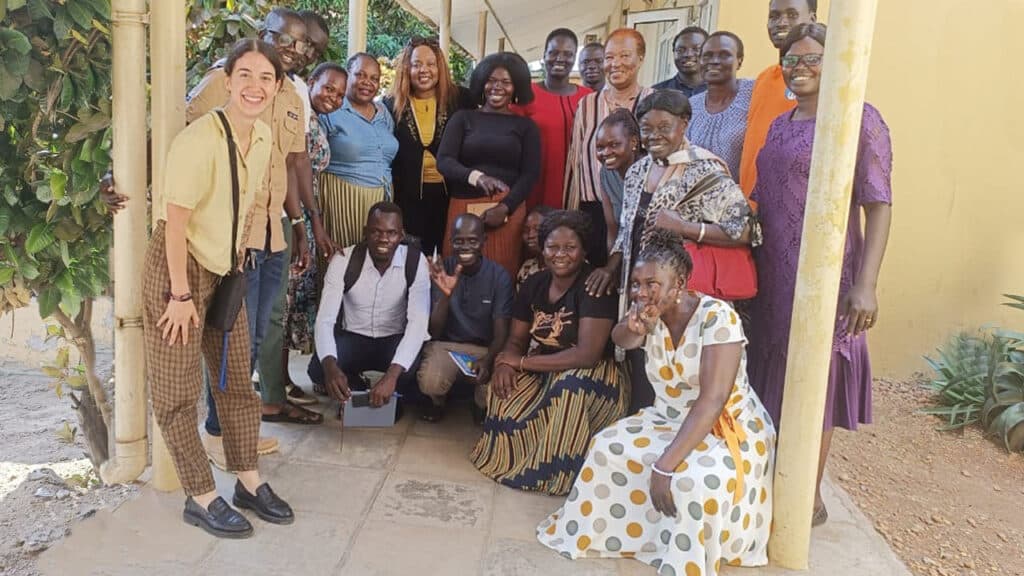
(South Sudan & Democratic Republic of Congo) The SMART-RMC project is a three-year initiative led by the Canadian Association of Midwives (CAM) and supported by the Government of Canada through Global Affairs Canada. It aims to reduce maternal mortality in the Democratic Republic of Congo (DRC) and South Sudan by providing gender-responsive, high-quality healthcare through a well-trained midwifery workforce.
Midwife-Led Quality Improvement Plans are currently being implemented in 10 health facilities in South Sudan and 30 health facilities in the DRC to improve the environment for birthing clients and midwives. These initiatives focus on improving the birthing environment, ensuring safer, more respectful maternity care for both clients and midwives.
Continuous Professional Development (CPD) Session : 30midwives and other health care providers have participated in facility-based CPD sessions on RMC and clinical skills in 3 counties in South Sudan. 275 midwives have participated in clinical mentorship site visits led by trained RMC mentors for practical skills strengthening in 2 provinces in the DRC
Community Awareness Through Radio Talk Shows : Monthly talk shows have been aired on local radio stations in both South Sudan and the DRC to increase knowledge and awareness of RMC among community members. The talk shows are highly dynamic, hosted by midwives who are available to answer questions related to maternity care access and rights. This quarter, the talk shows had a total reach of 16,400 listeners (of which 7,400 women of reproductive age) in South Sudan, and 10,000 listeners (of which 600 pregnant women) in the DRC.
SCOSAF has officially launched its communication platforms on social media: Facebook, Twitter, and Instagram. This initiative aims to connect midwives, share important updates, and amplify the voice of midwifery. The organization invites everyone to follow their accounts, like their posts, and share or retweet to help spread awareness and build a stronger community. Follow SCOSAF on Facebook: ScosafRdc Twitter (X): @SFemmes90385 Instagram: @scosaf.rdc
SMEPS (Strengthening Midwifery Education and Practice in Somalia & Somaliland)
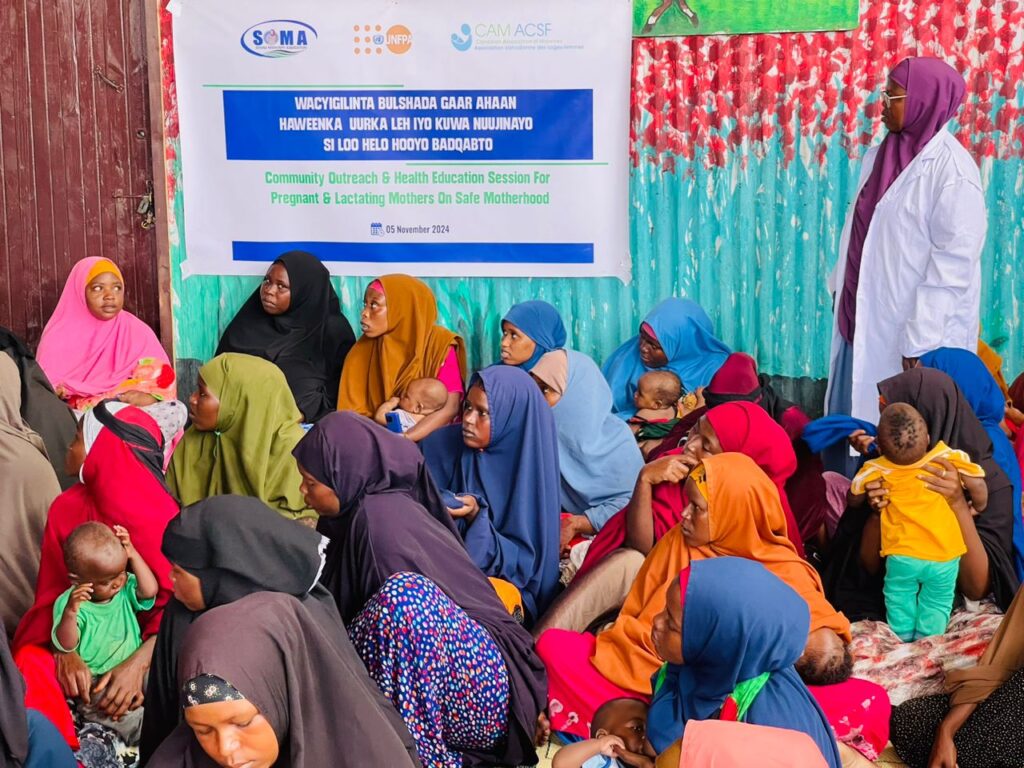
(Somalia, Puntland and Somaliland) The Strengthening Midwifery Education and Practice in Somalia (SMEPS) project aims to reduce maternal mortality by addressing the critical shortage of skilled midwives in Somalia, Somaliland, and Puntland. Through the enhancement of midwifery education, practice, regulation, and association strengthening, SMEPS works to improve the quality and accessibility of maternal healthcare services. The project is led by the United Nations Population Fund (UNFPA) and supported by the Government of Canada.
Highlights
Implementation of the Supportive Supervision Toolkit In 2024, CAM collaborated on a series of in-country workshops held in Somalia, Somaliland, and Puntland to introduce a supportive supervision toolkit. This toolkit is designed to evaluate the implementation of the revised three-year midwifery curriculum, which was adopted in 2022
Pilot Testing of Tool Kit : Steering committees were established to oversee the piloting of the toolkit in select UNFPA-supported midwifery schools and affiliated health facilities.
Supportive Supervision : The initiative emphasizes ongoing supervision and implementation, with designated supportive supervisors providing guidance and ensuring adherence to best practices.
Peer-to-Peer Learning Exchanges A key component of the SMEPS project is the promotion of peer-to-peer learning, with a particular focus on virtual sessions in 2024. These sessions provided an opportunity for representatives from the three midwifery associations to exchange knowledge, discuss challenges, and build professional relationships.
Representatives shared insights on leadership and strategies for strengthening midwifery organizations.In response to participants’ interest in learning about CAM’s organizational structure and work, the session featured the CAM board president. She provided valuable insights into governance, membership engagement, and fostering participation within midwifery associations. Invitations for the second session were extended to the presidents of the three midwifery associations involved in the project, promoting cross-organizational collaboration and learning.
